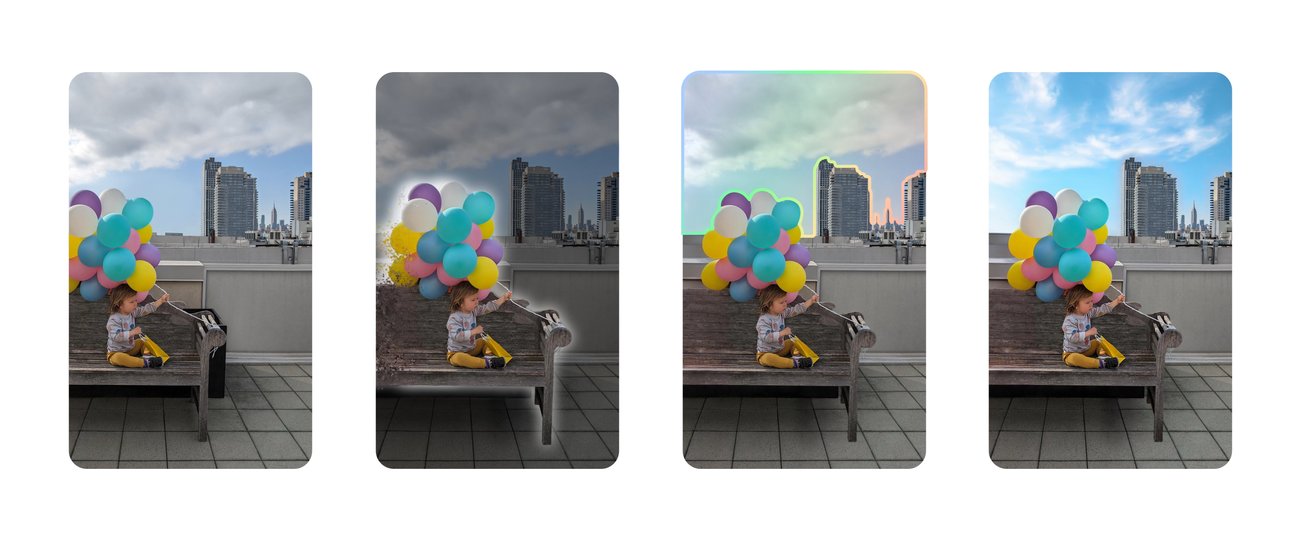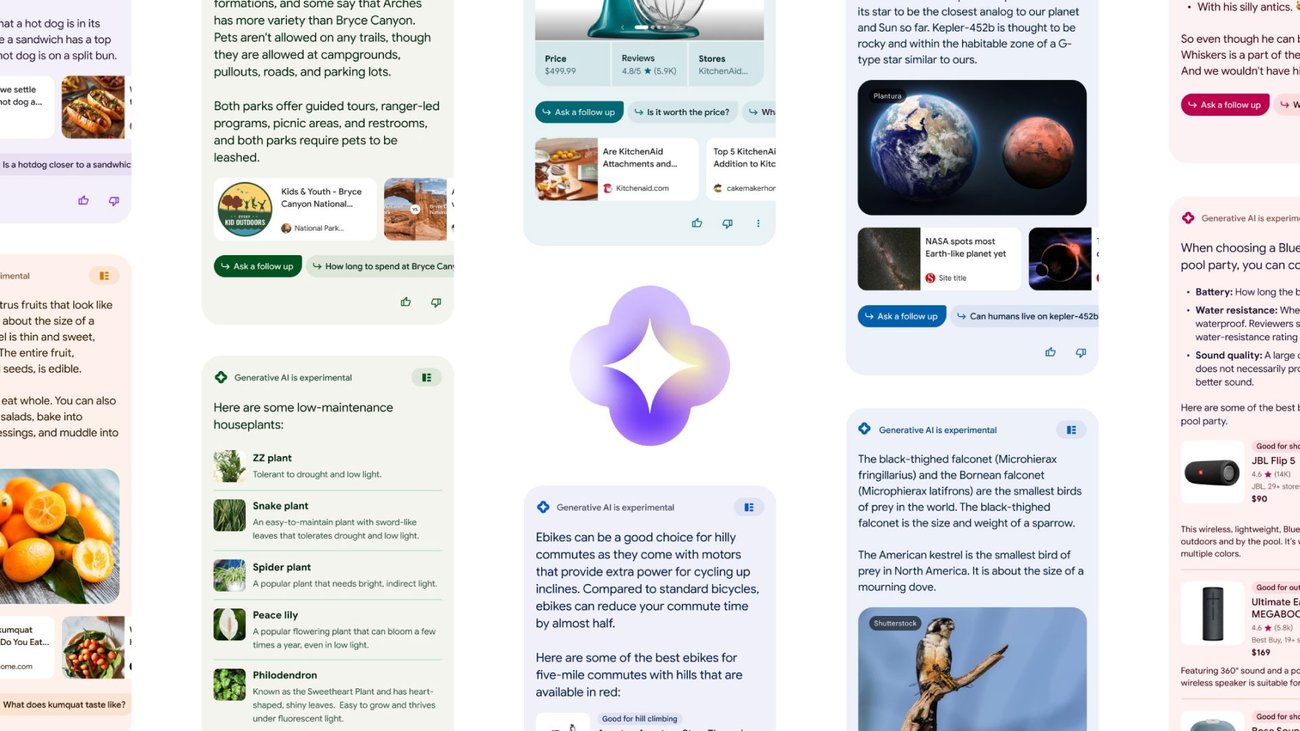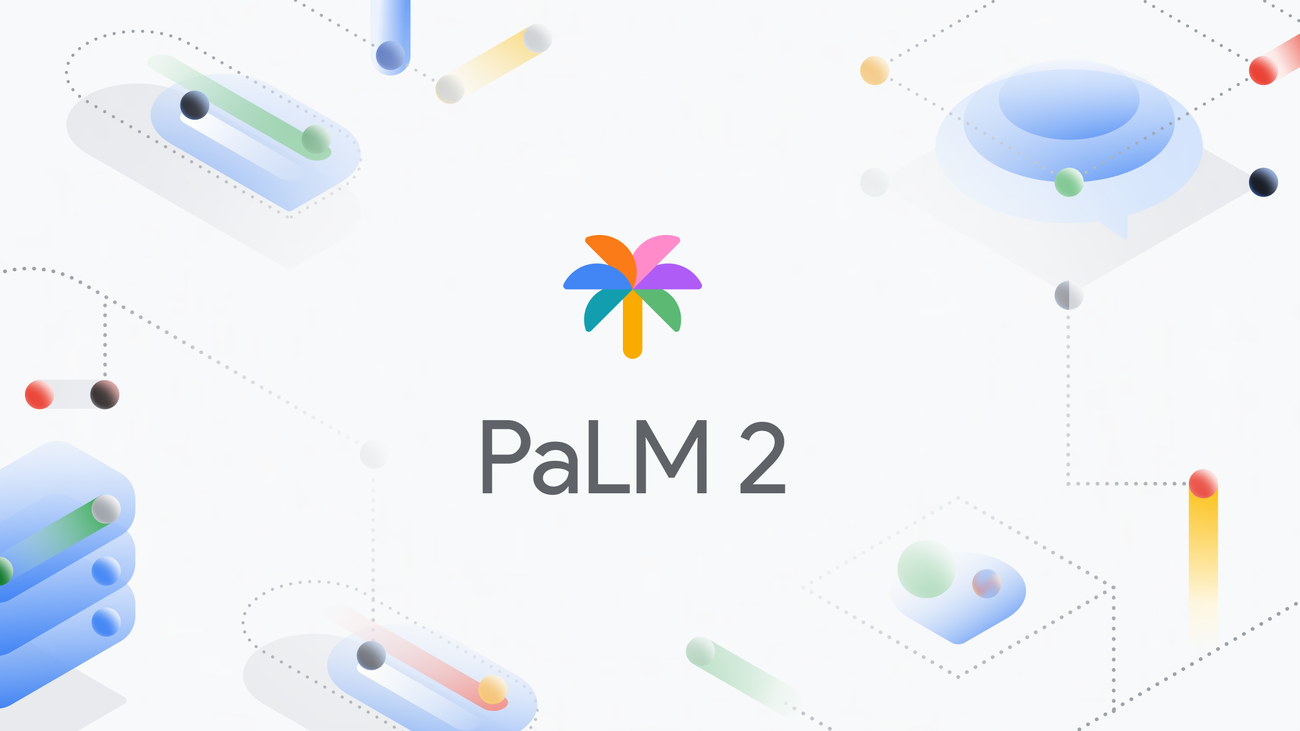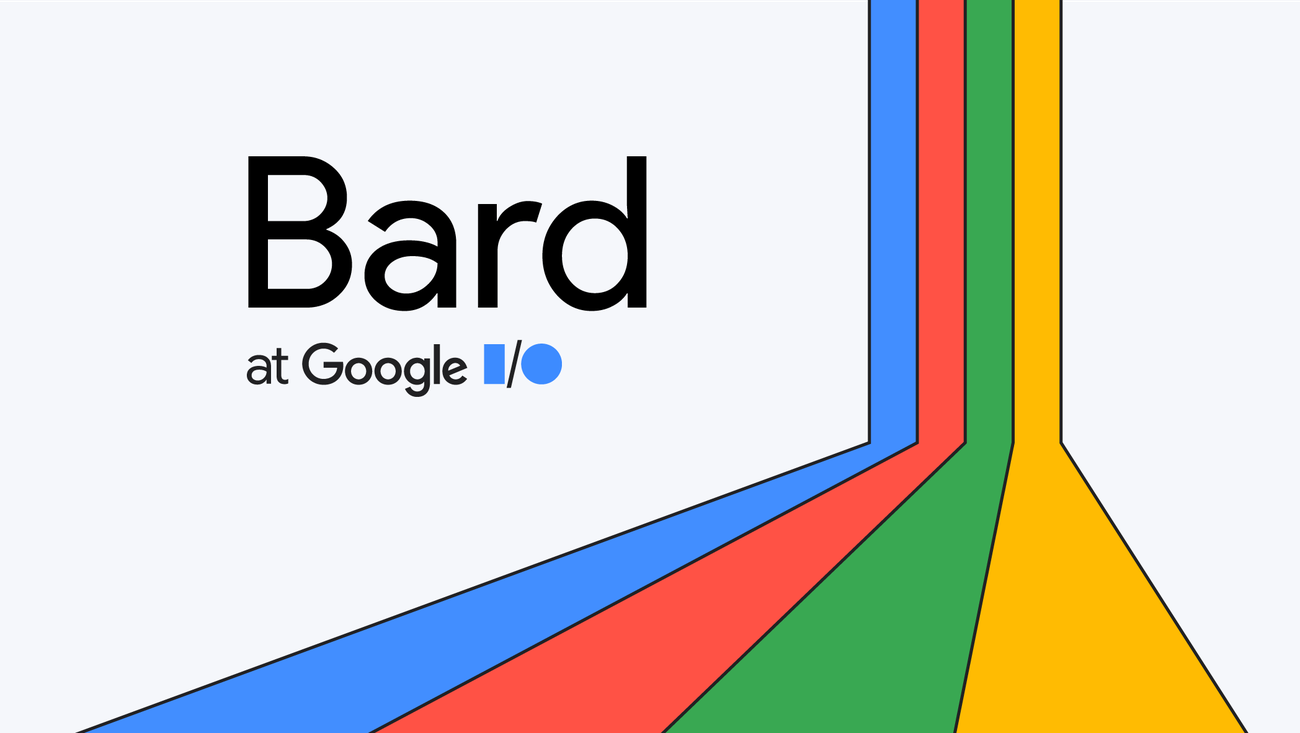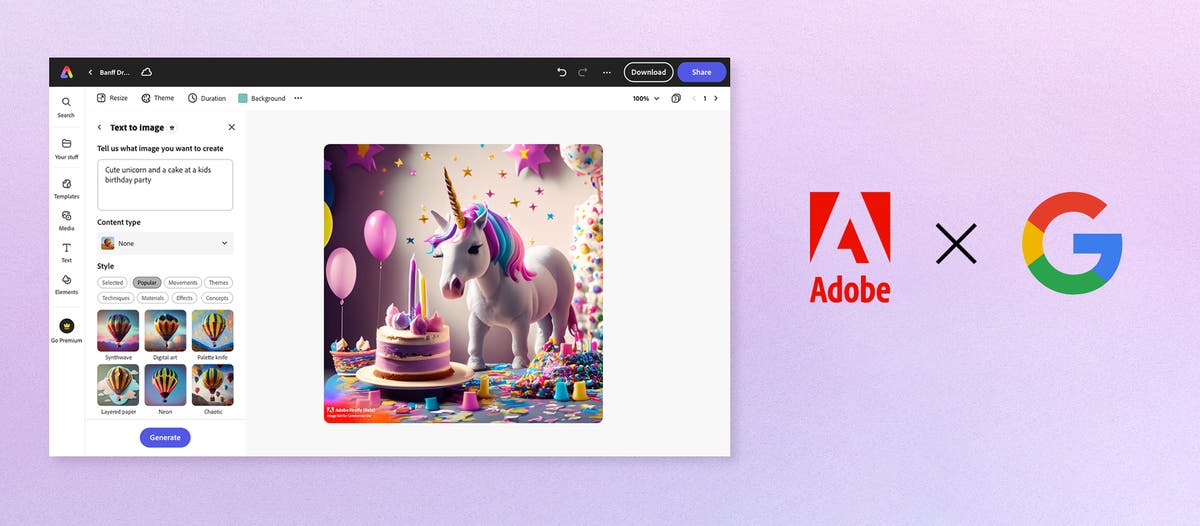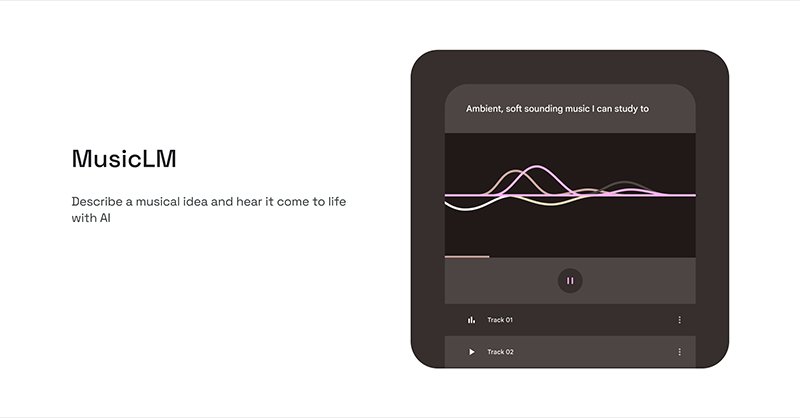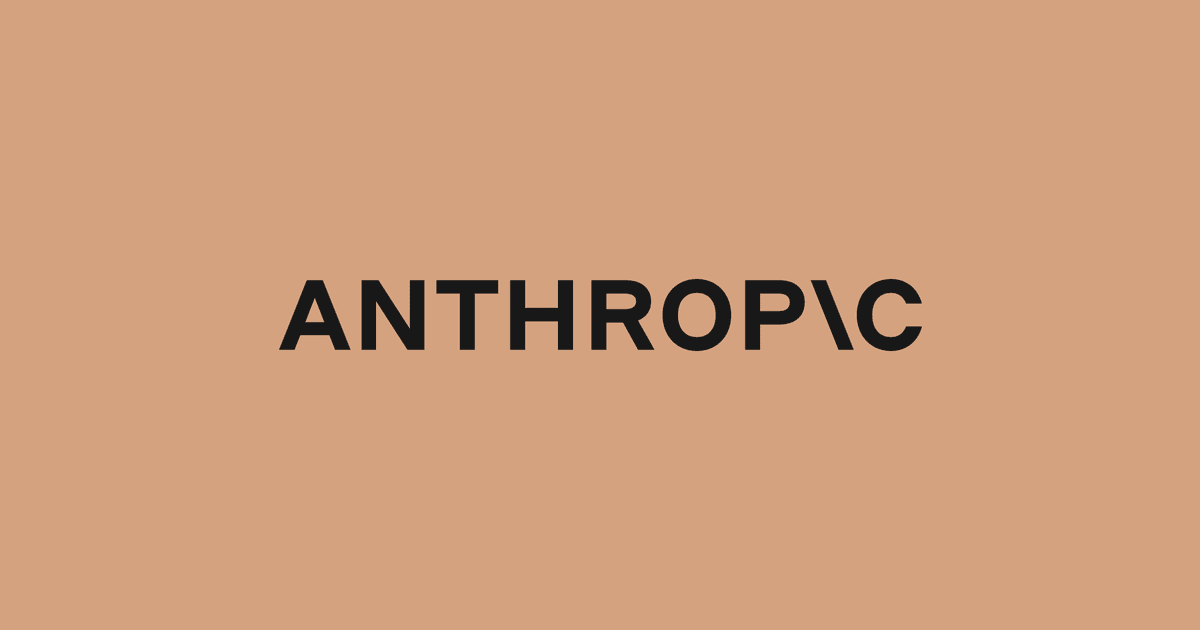- AIdeations
- Posts
- AI Evolution Unleashed: Google's Innovations & Anthropic's Giant Leap
AI Evolution Unleashed: Google's Innovations & Anthropic's Giant Leap
Exploring Google I/O Highlights, ChatGPT's Plugins Access, and Anthropic's New AI Milestone
What's up ya'll, this is AIdeations. The go-to newsletter that takes AI and tech news that slaps and turns it into a no-bs, fun email for you each day.
It’s GAME TIME! I finally have access to ChatGPT plugins! I can’t wait to share everything I learn and experience with these tools!
Here's what we've got in store for you today:
🔌 ChatGPT Plugins: I Finally Have Access!!
♟️ Checkmate: Google Unveils A Slew of AI Plans
📰 Anthropics Claude Gets 100k Token Context Window!
🎥 Video Of The Day
ChatGPT Plugins: I’ve Got Access!


Wolfram Alpha plugin is the ultimate computational utility that can handle even the most complicated math problems and so so much more!
Back when they were announced, I’ve been dying to get access to plugins. Well, I’ve been on my computer using ChatGPT for several hours today and all of a sudden it pops up!
I’m in! While I don’t have access to code interpreter or the web browser, I am excited to dive into plugins and see how companies are using them so I can begin creating my own. I’d love to be able to build custom plugins for businesses to use.
In the meantime, I’m going to be sharing everything I learn in next weeks newsletters. I can assure you I will be glued to my computer for the next several days tinkering and discovering what these tools mean for users and businesses.
I feel like it’s Christmas morning and Santa just brought me the best present ever!!
Google I/O Event Was Huge: Here’s 9 Of my Favorite Highlights

Google I/O was packed with news and updates. AI was mentioned nearly 150 times!
Google gave a preview of its upcoming feature, Magic Editor, which uses generative AI to simplify complex photo editing tasks. This AI-powered tool allows even the novice editors to modify specific elements of a photograph, such as the subject, sky, or background, and also to reposition the main subject for an ideal composition. An example of its capabilities includes removing unwanted objects, brightening dull skies, and even creating new content to fill gaps in a picture after repositioning the subject, all leading to a more visually pleasing result. Google plans to roll out this experimental feature on select Pixel phones later this year, inviting user feedback to enhance its capabilities. With Google Photos users collectively editing over 1.7 billion photos each month, the Magic Editor is poised to elevate the photo editing experience significantly.
Google is enhancing its Workspace productivity suite with the power of generative AI, introducing innovative ways to create, connect, and grow together. To combat the common challenge of staring at a blank page, Google is integrating AI tools within Docs and Gmail to assist with content creation. Users can simply input a topic, and Workspace will help convert it into a first draft. Features in development include writing job descriptions in Docs and transforming meeting notes into an email in Gmail. These functionalities are currently being tested with a select group in Google Workspace Labs, with a broader release planned after refinement. Google's vision is to incorporate more AI-powered features across the entire Workspace portfolio, including Docs, Gmail, Sheets, Slides, Meet, and Chat.
Google Maps is set to revolutionize navigation with AI-powered Immersive View for routes, providing a detailed preview of routes – be it driving, walking, or cycling. The feature uses computer vision and AI to blend billions of Street View and aerial images, enabling users to visualize bike lanes, sidewalks, intersections, parking spots, air quality, and anticipated traffic. Additionally, Google is empowering developers to create their own immersive experiences with the Aerial View API and Map Tiles API, opening avenues for a 3D bird-eye video integration and high-res, 3D imagery from Google Earth. The rollout starts in select cities in the coming months, promising to elevate the mapping experience for users and developers.
Google is revolutionizing its search engine with generative AI capabilities, enabling it to answer complex, multifaceted questions like a pro. Say goodbye to breaking down your queries into smaller ones and piecing together information yourself; generative AI does the heavy lifting now, providing an AI-powered snapshot of key information, with links for deeper digging. This advancement is also extending to shopping, leveraging Google's Shopping Graph with over 35 billion product listings to offer a comprehensive, up-to-date snapshot of products, including reviews, ratings, prices, and images. This comes as part of Google's commitment to driving valuable traffic to sites across the web while maintaining ad transparency. These new features will initially be available in Search Labs for user feedback, as Google continues to responsibly improve and roll out these innovative AI capabilities.
AI is getting a major upgrade at Google with the introduction of PaLM 2, a next-gen language model that's not just smart, but also multilingual and code-savvy. It's fluent in over 100 languages, can reason logically, and even spit out some nifty Python or JavaScript. But it's not just about the brains; it's also about flexibility. Google's releasing PaLM 2 in four sizes to suit different needs: Gecko, Otter, Bison, and Unicorn. Gecko's so light, it can run on your mobile. Meanwhile, this AI wunderkind is set to power over 25 Google products and features, from Gmail to Google Docs to Google Sheets. It's even diving into healthcare with Med-PaLM 2, which can make sense of medical texts and someday improve patient outcomes. On top of all that, Google's integrating its Brain and DeepMind research teams into a single unit, Google DeepMind, to turbocharge AI development. The future? Gemini, an AI model that promises multimodal capabilities and unprecedented efficiency, currently in the works.
Google's Bard, a playful experiment in AI collaboration, is leveling up, y'all. After an exciting debut in the U.S. and U.K., they're dropping the waitlist and going global, reaching 180+ countries. And that's not all: Bard is getting a language boost, adding Japanese and Korean to its repertoire, with 40 more languages on the way. But the real game-changer? Bard's about to go visual, giving you picture-packed responses and letting you throw images into your prompts. Plus, developers will be excited about the new coding upgrades: more precise source citations, a soothing dark theme, and an export feature for partner Replit. Looking ahead, Google's planning to integrate Bard with Google apps and services you already love, and extend its reach to third-party services like Adobe Firefly, Kayak, OpenTable, and more. So, buckle up, because Bard's journey to spark creativity and productivity is just getting started.
Adobe's Firefly, a tool that's made waves since its beta launch, is adding another feather to its cap as it teams up with Google's Bard. Yep, folks, this power move means users will be able to generate images using Firefly directly in Bard. But wait, there's more: after you whip up an image, you can finesse it using Adobe Express, giving you access to high-quality templates, fonts, and assets. Firefly is setting itself apart from other AI tools with a focus on commercial safety and transparency, using the Content Authenticity Initiative’s tech to attach "nutrition labels" to images. Get ready, because this integration promises to supercharge content creation, from individual creators to enterprise businesses. In the words of a wise man: Stay hungry, stay foolish...and stay tuned for more updates.
In the latest beat of AI innovation, Google's MusicLM is set to change the tune of the music industry. This fresh-out-the-lab tool can spin text descriptions into melodious tracks. Fancy "soulful jazz for a dinner party"? MusicLM has got you covered. Test it out in the AI Test Kitchen, and be a part of the feedback loop by giving props to your favorite version. Google's even jamming with pro musicians to see how this tech jazzes up the creative process. Whether you're the next Beethoven or just getting your groove on, give MusicLM a whirl and unlock your creative potential. It's like the AI version of a jam session - sign up and join the band.
Buckle up, Android devs! Google's new Studio Bot is here to code along with you, answering your Android development queries in plain English. This AI-powered chatbot can generate code, dig up resources, teach best practices, and save you a bunch of time. Early days yet, so don't take its word as gospel - it may occasionally spit out some sub-optimal code. It's currently free and US-exclusive, to put it through its paces. Set up's a breeze, just download the latest canary version of Android Studio Hedgehog, and you're good to go. It's integrated with the Android Studio IDE for that extra punch, providing one-click actions, and links to relevant documentation. Give Studio Bot a whirl, but remember, it's still in training, so keep your code-checking hat on.
📰 News From The Front Lines: 📰
Just one story today because the impact behind it is absolutely incredible!
Big news from the AI frontier. Anthropic, the innovative AI firm with Amazon in its corner, just made a giant leap. They’ve massively expanded the context window of their AI model, Claude, from 9K to a whopping 100K tokens. That's around 75,000 words. For perspective, that's the equivalent of an entire book, or, if you’re more of an audiobook person, about 6 hours of audio.
In layman's terms, tokens are like words or parts of words. Some words are 1 token while others may be 2-4 tokens. With this new 100K token limit, you can now feed Claude hundreds of pages of data for analysis in one go. This means you can literally throw in the entire text of The Great Gatsby and ask Claude to spot a single tweaked line - something it did in a breathtaking 22 seconds.
But the real beauty of this development lies in its potential business applications. Imagine being able to drop entire financial statements, research papers, annual reports, legal documents, or even an entire codebase into Claude. You could then ask it to summarize, explain, analyze, or even intelligently build upon the information. The possible uses are mind-boggling!
This kind of capability could revolutionize how we process and analyze large amounts of information. It's like having a superpowered assistant that can read, understand, and analyze vast amounts of text in seconds - a task that would take a human hours, if not days, to accomplish.
For a taste of what's possible, check out AssemblyAI’s demo where they transcribed a long podcast into 58K words and then used Claude for summarization and Q&A. It's impressive stuff.
In comparison, ChatGPT is just now rolling out a 32k token context window, while other research has indicated the potential to push this limit up to 2 million tokens. The AI race is certainly heating up!
So there you have it, folks. If you're keen on getting your hands dirty with this new tech, 100K context windows are now available in Anthropic's API. If you’re not already working with Claude, you could request access and give it a spin.
Join the waiting list here if you don’t already have access:
📼 Video Of The Day 📼
Thanks for tuning in to our daily newsletter. We hope you found our tips and strategies for AI tools helpful.
Your referrals mean the world to us. See you tomorrow!
Interested in Advertising on AIdeations?
Fill out this survey and we will get back to you soon.
DISCLAIMER: None of this is financial advice. This newsletter is strictly educational and is not investment advice or a solicitation to buy or sell any assets or to make any financial decisions. Please be careful and do your own research.

